This UCL MSc programme combines specialist structural and earthquake engineering knowledge with an advanced understanding of risk management, resilience and catastrophe modelling for natural hazards.
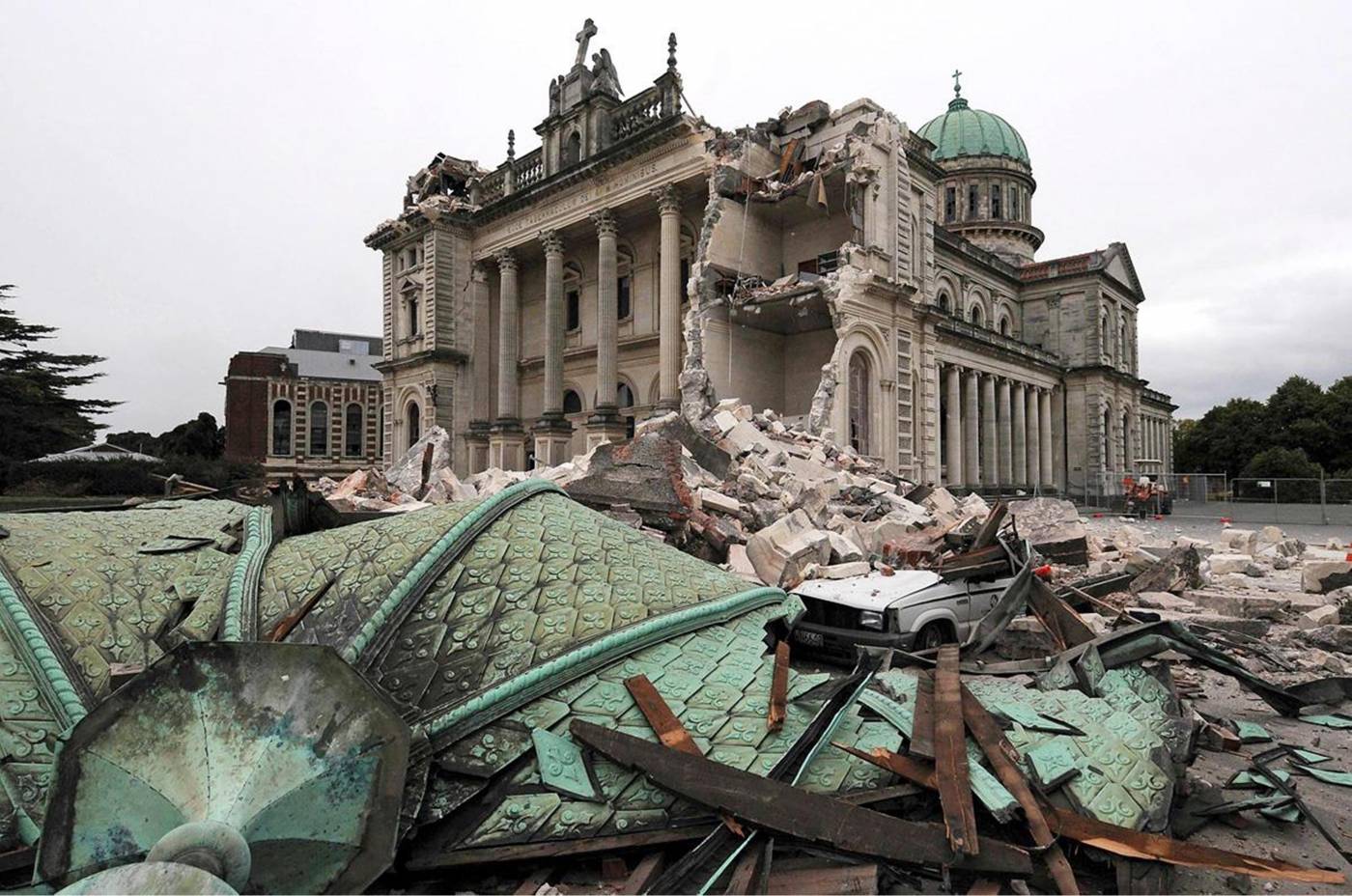
MSc Earthquake Engineering with Disaster Management

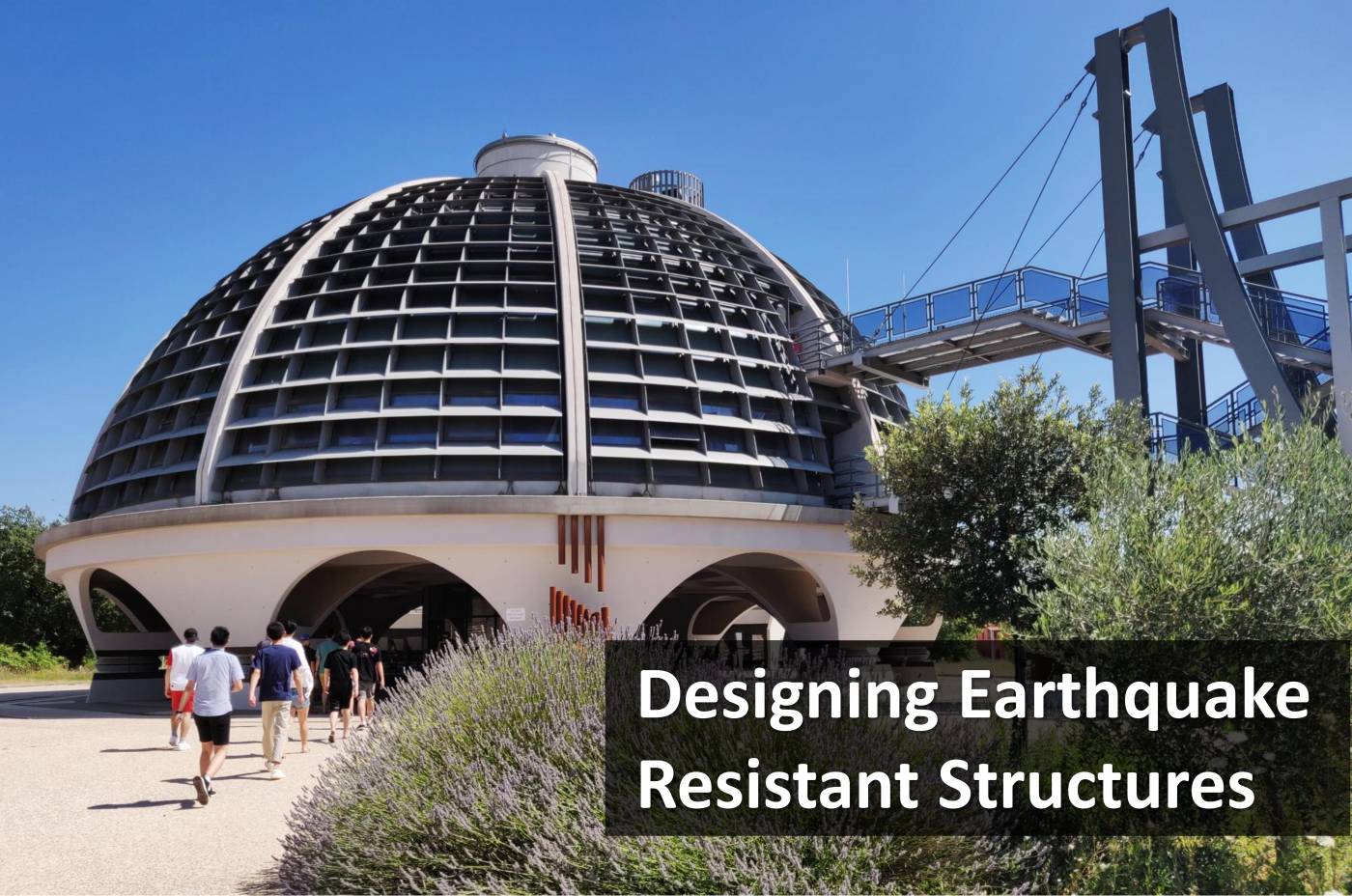
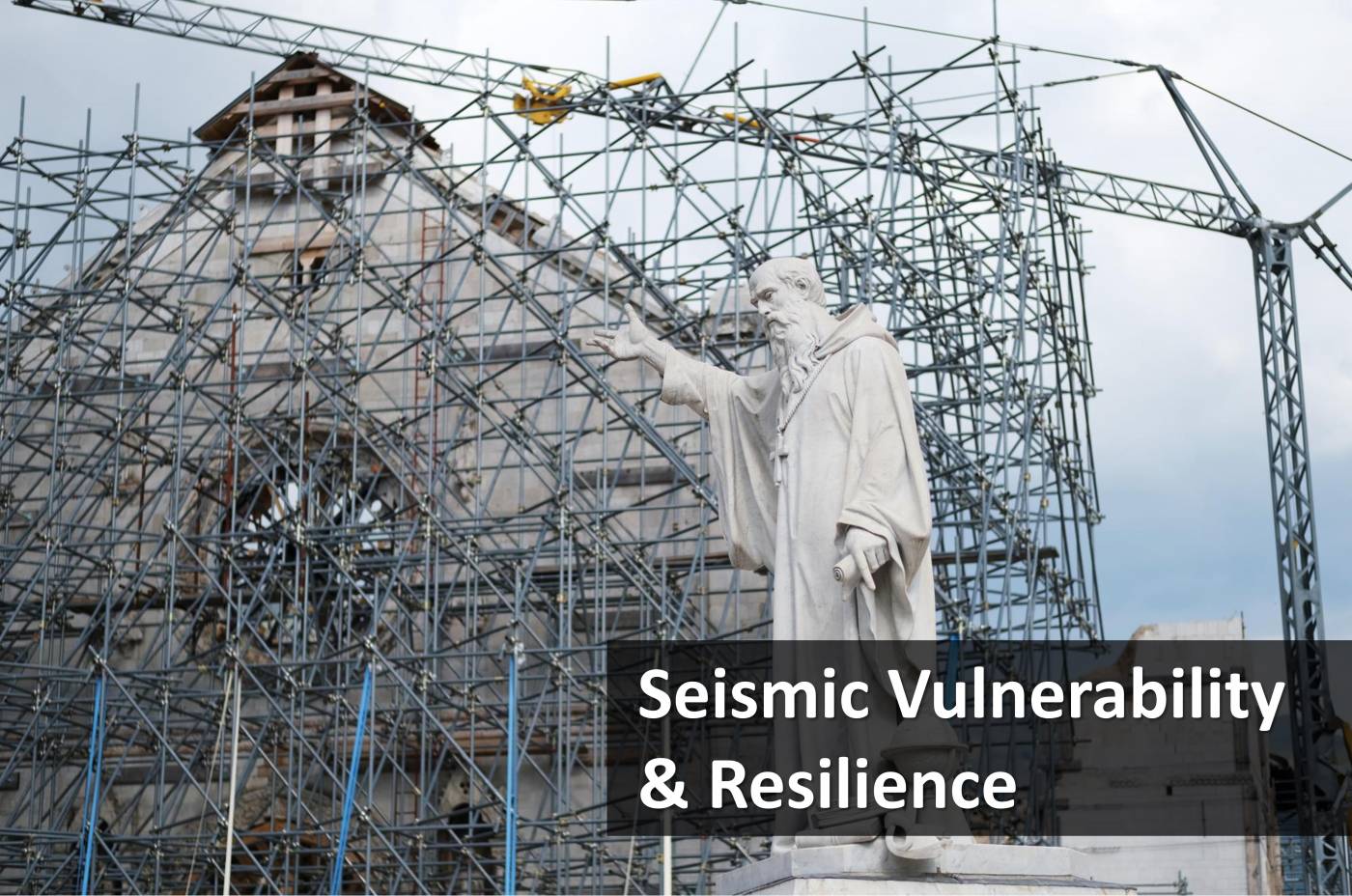
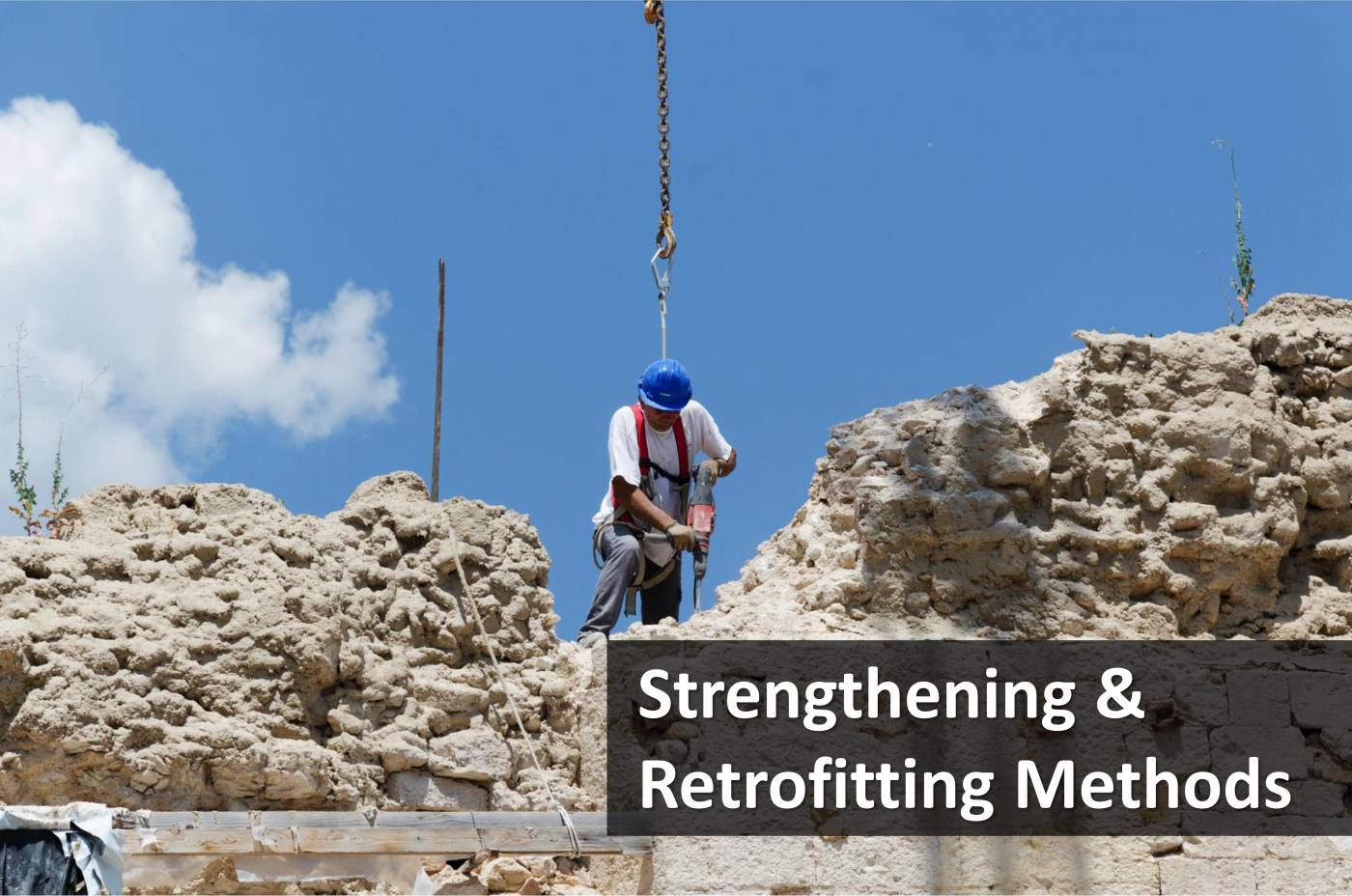
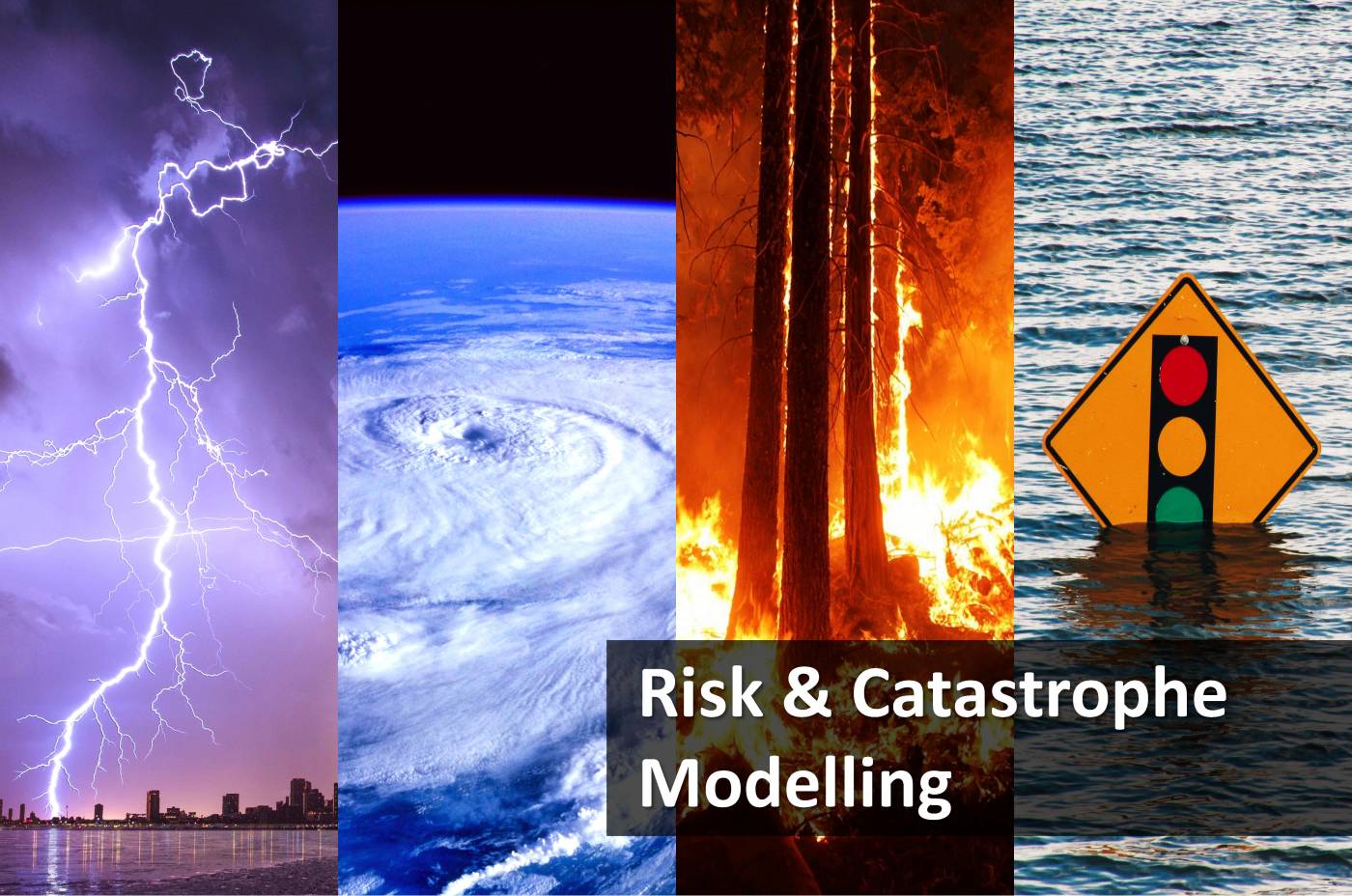

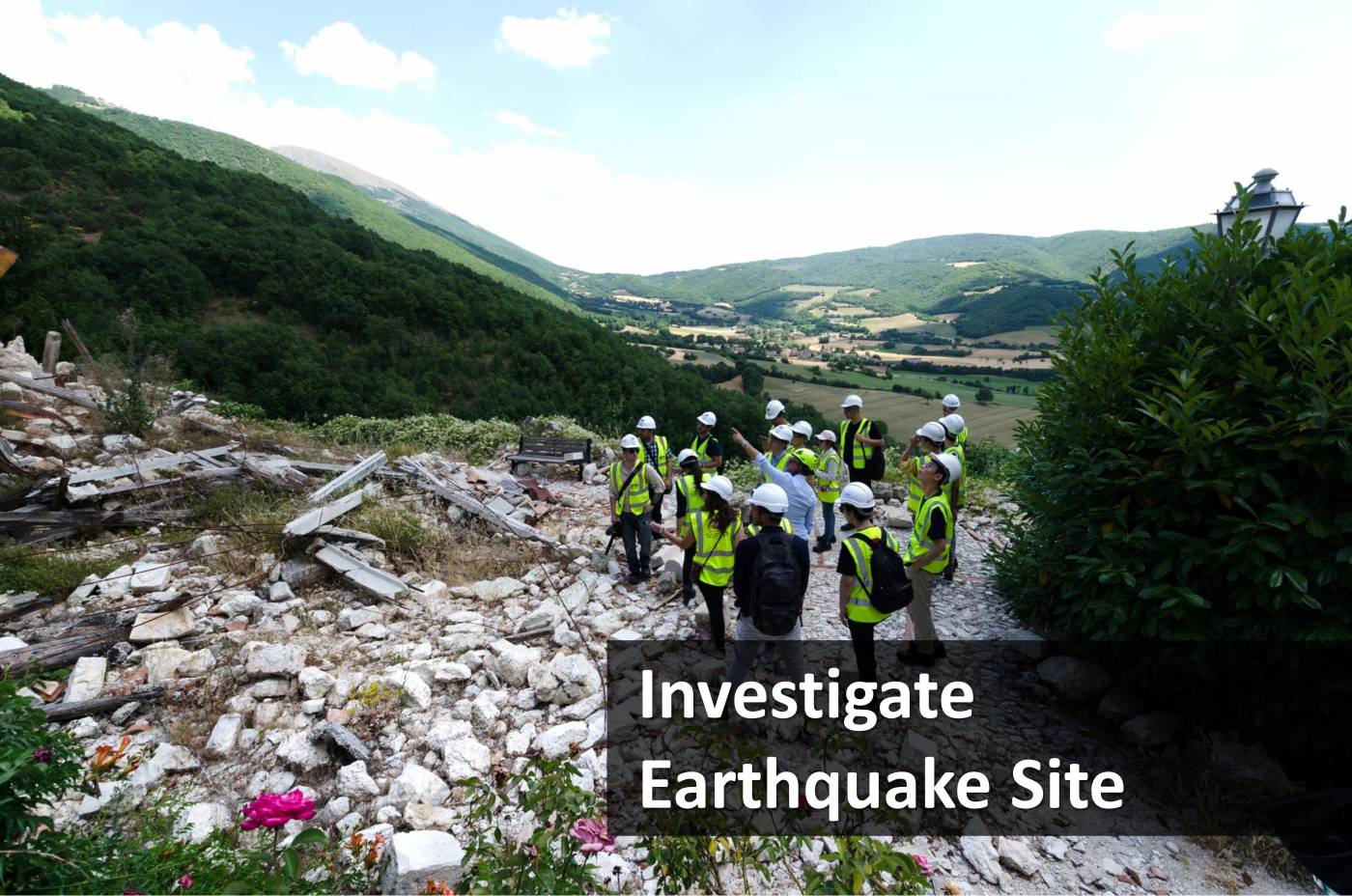


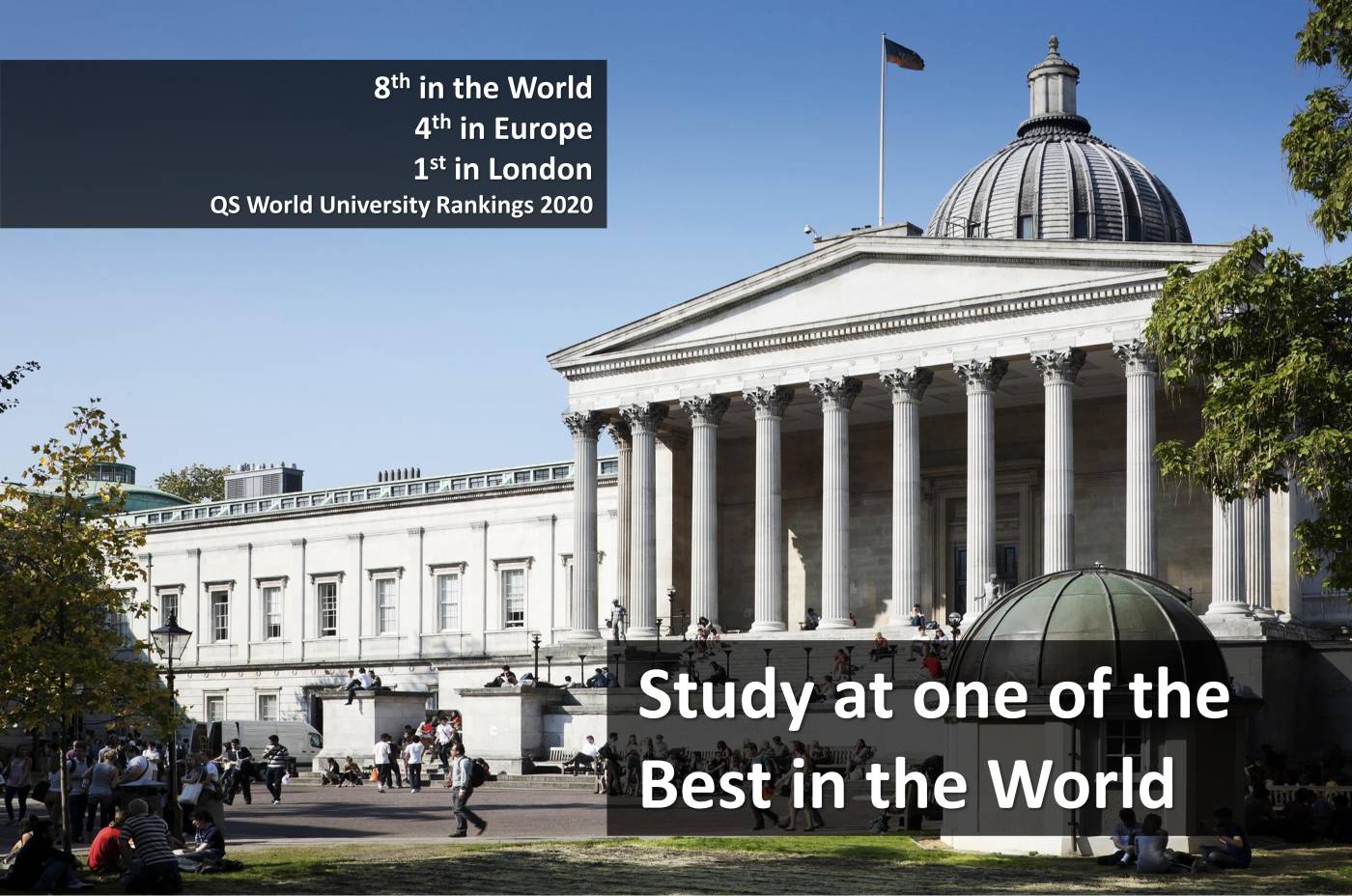

Please note, links below may lead to external sites.
Earthquake Engineering with Disaster Management MSc aims to develop engineers who can deliver and design holistic solutions and are able to work in engineering, catastrophe modelling and disaster risk management. The programme also aims to improve your employability in the construction industry as well as the insurance and finance sectors, while providing essential skills to those foreseeing careers in improving structural resilience.
Students have the opportunity to engage and work alongside academics, plus a wide range of industrial partners and non-governmental organisations (NGOs), on cutting-edge research through modules, seminars and the dissertation. Take a look at our EPICentre Seminars & Discussions article for further information.
In addition, students will benefit from a week-long field trip to a recent major earthquake site to observe the extent of the destruction and the latest structural strengthening techniques. Read our Seismic Field Trip news article to discover more.
Click here to see why to study our MSc Programme at UCL ?
To find out core information about this degree, such as entry requirements, programme length and cost, visit the UCL prospectus site.
This MSc programme is offered as part of UCL's Department of Civil, Environmental and Geomatic Engineering (CEGE). To discover more about what our Earthquake Engineering with Disaster Management MSc alumni have to say about their experience, please visit our Life at CEGE page.
Course information
Students undertake modules to the value of 180 credits.
The programme consists of six core modules (90 credits), two optional modules (30 credits) and a research project (60 credits).
A Postgraduate Diploma consisting of six core modules (90 credits) and two optional modules (30 credits), studied full-time over nine months, is also offered.
Module information is available via pdf below:
Compulsory modules
- Introduction to Seismic Design of Structures (CEGE0032) (T1)
- Seismic Risk Assessment (CEGE0033) (T1)
- Structural Dynamics (CEGE0040) (T1)
- Geotechnical Earthquake Engineering (CEGE0035) (T2)
- Structural Vulnerability and Resilience (CEGE0051) (T2)
- Advanced Seismic Design of Structures (CEGE0061) (T2)
Optional modules
- Advanced Structural Analysis (CEGE0046) (T1)
- Integrating Science Into Disaster Risk Reduction (IRDR0015) (T1)
- Earthquake Siesmology & Earthquake Hazard (GEOL0042) (T2)
- Catastrophe Risk Modelling (IRDR0008) (T2)
- Project Management (MSIN0179) (T2)
Terms (T1, T2) are indicated in brackets.
Dissertation / Research Project
All students undertake an independent research project which culminates in a dissertation of approximately 12,000 words.
 Close
Close

